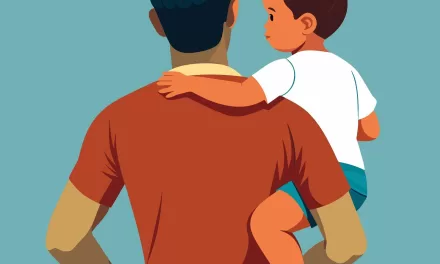Researchers have uncovered fresh insights into how adolescent girls process social rejection, revealing a distinct pattern of brain activity in those who tend to internalize rejection more deeply. The study, emphasizing the significance of understanding variations in responses to rejection, sheds light on the phenomenon of rumination and its potential impact on mental health, particularly among adolescents.
Amanda Guyer, the associate director of the Center for Mind and Brain and professor of Human Ecology at UC Davis, highlighted the research’s significance, stating, “Everyone experiences rejection, but not everyone experiences it in the same way. By identifying what brain processes cause differences in the tendency to ruminate, we can provide people better ways to avoid long-term harm.”
The study, published in the journal Developmental Cognitive Neuroscience, involved 116 girls aged 16 to 19. Using functional magnetic resonance imaging (fMRI), the researchers observed real-time changes in blood flow and electrical activity in the brain during experiences of social rejection. The participants engaged in an innovative experiment where they selected peers they wanted to interact with, and in subsequent sessions, learned about peers who reciprocated or rejected their interest.
Key findings from the study revealed a distinct pattern in girls who reported a higher tendency to ruminate. fMRI scans showed heightened activity in brain regions associated with self-perception and emotional processing. This increased blood flow and electrical activity indicated a deeper internalization of the rejection experience among girls prone to rumination.
Professor Guyer emphasized the implications of the findings, stating, “Our results suggest that girls who tend to ruminate are experiencing more than just momentary sadness after rejection. They are deeply internalizing this negative feedback into their self-concept.”
The research opens avenues for targeted interventions, offering the potential to develop strategies that effectively address the tendency to ruminate and prevent larger mental health issues. By reframing negative experiences in a way that fosters positive feelings afterward, interventions could make a difference in mitigating the impact of social rejection on mental well-being.
The study was funded by grants from the National Institutes of Health, providing valuable insights into the neural responses to social rejection in adolescent girls and offering a foundation for future research and mental health interventions.











